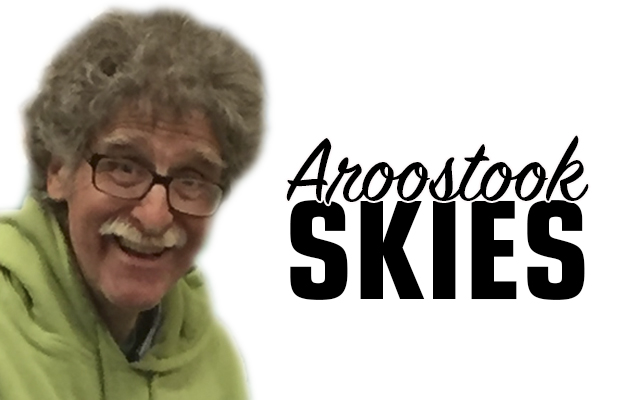Fifty years ago this weekend, in 1971, a splendid adventure greeted worldwide watchers, as David Scott and Jim Irwin powered down their Falcon lunar module to a dusty and hard landing near the ancient site of Hadley Rille.
We mostly know what followed; three days on the battered, airless surface of the moon, picking and digging into our nearest neighbor.
The first roving astronauts motorized on four wheels, hee-hawing for the sheer joy of exploration at 15 mph or so. Astronaut Scott dropped a hammer and a feather to give experimental proof of Galileo’s mechanical observations and speculations centuries ago. And home viewers thrilled to the first televised lunar liftoff as the lunar bug upper stage silently blasted off, soon to rejoin their third Apollo crewmate Al Worden aboard the good ship Endeavor.
Days later, on Aug. 7, the men came home cushioned and softened by two good parachutes and one partially baggy chute — a strange imperfection, but no matter, the crew came home.
Now in 2021, all of us must face that we too find ourselves hoping for a look homeward angel to bring us through a difficult mission; how to remain Americans to our better natures in the shaky light of some terrible challenges to each of us individually and collectively. These words offer no easy palliative or sugared answer. As songwriter Jackson Browne penned almost 50 years ago, “I’m not telling you that I’ve seen the plan. Turn away if you think I am; but don’t think too badly of one holding sand. Just another dreamer, dreaming of Everyman.”
But I do come away from the celebration of Apollo 15’s achievement with a sense of retroactive triumph. And that, to me, stands out not as a bad thing at all. We must never lose sight of our American experience, the good, the bad and the ugly. And the Apollo program, for all its political and marketing breast beating, all its contractual avarice and risky engineering placed upon the astronauts and the rest of the NASA team, remains a bright legacy for us all to remember and celebrate that America can jointly do great things, amazing and awesome things, which prove as President Kennedy once intoned, “that the forces that unite are deeper than those that divide.”
So go out or stay in and tip one for the good and brave men and women of Project Apollo, and prepare to do the same in the decade for the good and brave men and women of Project Artemis. To me, personally and professionally, America needs good science and science needs a good America.
I invite all to look up this summertime and expect and seek the oncoming capability, prudence, forbearance and greatness of 21st-century America in space. For more information regarding the role of the Francis Malcolm Science Center in the life of Maine, contact the center at 207-488-5451. We welcome all citizens of the universe.
Larry Berz of Caribou is director of Easton’s Francis Malcolm Planetarium and astronomy instructor at the Maine School of Science and Mathematics.








